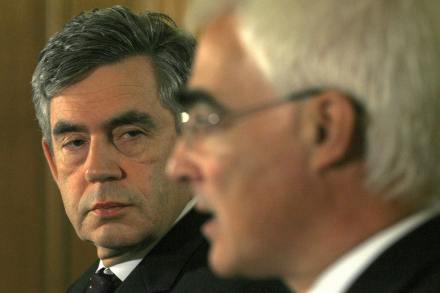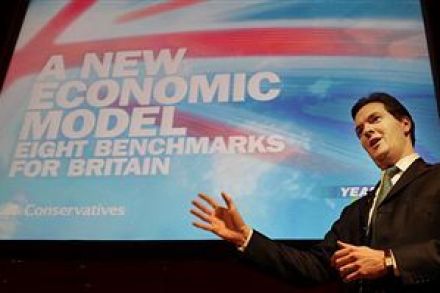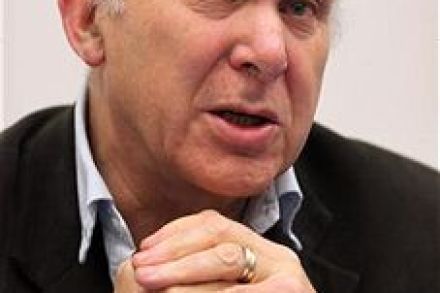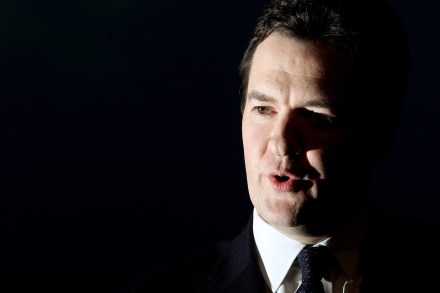Three Sunday polls have growing Tory leads
We’re operating in or around the margin of error here, so we can’t be certain whether this is truly the result of the Budget – but it’s still striking that three polls in tomorrow’s papers have growing Tory leads. The ICM poll for the News of the World has the Tories up one to 39 percent, Labour down one to 31, and the Lib Dems on 19. YouGov’s daily tracker has the the Tories unchanged on 37 percent, Labour down one to 32, and the Lib Dems on 19. And Anthony Wells is reporting a BPIX poll for the Mail on Sunday, which has the Tories on 37 percent, and


















